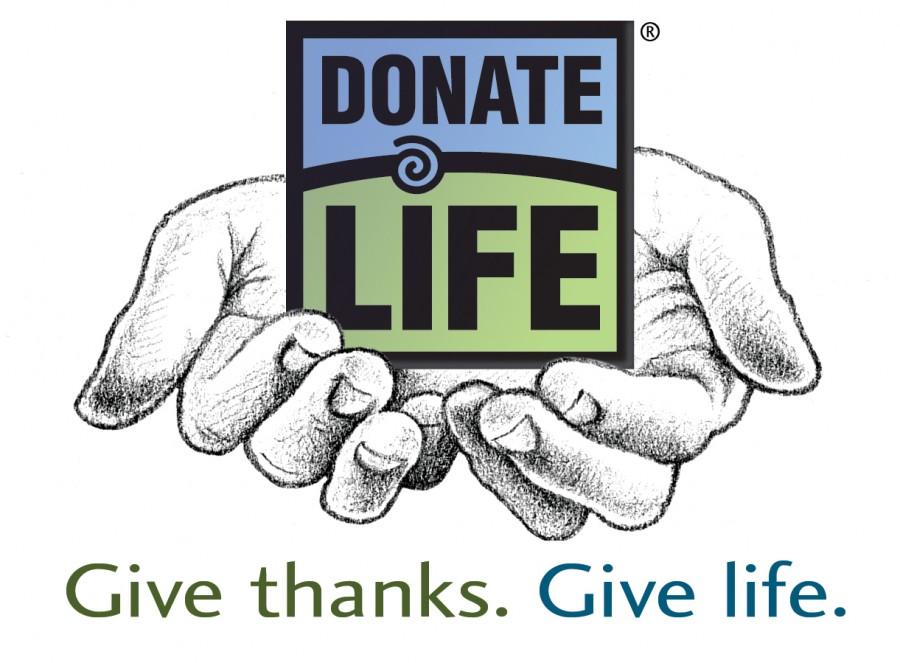Be an Organ Donor
By being an organ donor, you can give the greatest gift of all: the gift of life.
Jan 14, 2016
Upon receiving a learner’s permit or driver’s license, recipients are asked if they would like to be registered as a organ donor. Not many people realize that by becoming an organ donor, they can potentially give the gift of life to many in need when they themselves can no longer live. Thousands of people in the United States wait patiently for the life saving call telling them that a donor has been found for a organ they desperately need. It’s important that more people become organ donors since they will no longer need their organs when they are deceased, and they can be donated to others in need.
Becoming an organ donor is very simple and only takes a few minutes. While at a Florida Department of Highway Safety and Motor Vehicles (DHSMV) location, simply select “Yes” to organ donation when applying for a driver’s license or register with the Florida Organ Donor Registry online. When the time comes, your organs may be used to save the lives of up to eight people through the transplantation of the heart, liver, pancreas, kidneys, lungs, and intestines. The demand for organ transplants is on the rise; every ten minutes, someone is added to the national transplant waiting list, and about 18 people die every day waiting for a transplant. If everyone was a donor, the possibility of someone on the waiting list finding a match significantly increases, and they could get a second chance at life after their transplant.
Some people are opposed to the idea of becoming an organ donor after hearing the many myths related to organ donation that are circulate on the Internet and social media. Many people fear that agreeing to become an organ donor the hospital staff will not try as hard to save their life in order to harvest their organs for donation. Another popular misconception about organ donation is the possibility of being declared dead even when they are still alive and waking up during the removal of their organs. This scenario is a very popular point of discussion online and was even shown on the popular television show 1000 Ways to Die in a scene called “Early Harvest”.
Contrary to popular belief, no matter if you are registered as an organ donor or not, doctors and emergency respondents at the scene of an accident try their hardest to save your life and not the lives of others. Only when a complete and irreversible loss of brain function has occurred, and the person is subsequently declared legally dead, may the organ transplantation process begin. People who are registered to be donors have multiple tests conducted on them at no charge to the family in order to ensure they are deceased. The family of the donor often times experiences great joy during this time of loss knowing that their loved one saved the lives of other people.
“I decided to be an organ donor because…my body won’t go to waste in a cemetery and can help others live on,” junior Rommel Ricalde said.
Next time you are renewing or getting your license at the DHSMV, take the time to decide with your family whether you would like to become an organ donor so that if your time comes, you can give the gift of life to those in need of an organ transplant.












